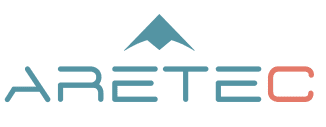Why are Records Management Systems So Important in 2022?
There is no doubt about the fact that information is at the heart of every organization or federal agency. In today’s digital age, information is the key to everything; be it for strategy management, research, and development, federal compliance, or keeping up-to-date with the latest industry dynamics. But how does an organization manage any particular information or its corporate records, and rely on its ability to compete, comply with regulations, recover from any disastrous situation, or in simple words; operate with efficiency?
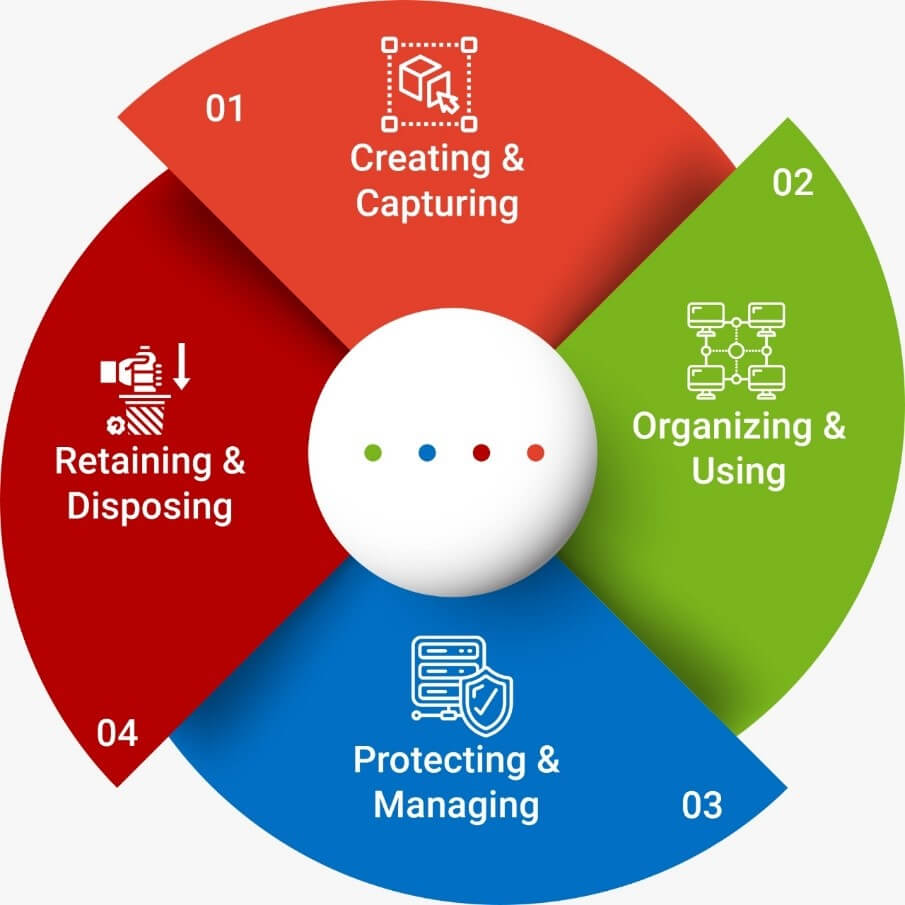
Knowing More about Records Management Systems
The systematic control of information or records throughout their life cycle and stages can be known as records management. Records are evidence of what the organization does or how it operates. It can also include their business activities, transactions, details regarding their contract negotiations, business correspondence, employee files, financial statements, confidential information, just to name a few. Records can come in many formats such as:
- Physical paper files such as office memos, contracts, marketing materials, Standard Operating Procedure (SOP) documents, reports, or plans
- Electronic messages such as email content, their media attachments or files, or instant short messages
- Content on the website, as well as eBooks, white papers, or important multimedia files on flash drives, desktops, servers, or in document management systems
- Confidential or sensitive information in the organization’s various databases.

In more complicated situations, if there is a lawsuit then all of this information – including copies or backups of the information that individuals might have retained may come in handy to safeguard the organization.
Why Records Management is So Important for Federal Agencies in the US
Records are useful information assets, and they necessarily hold value for the organization. As a federal agency in the US, all stakeholders must manage information effectively to maximize control, and ensure the vitality of the organization. It is a federal mandate for any federal agency operating in the US, to effectively implement a state-of-the-art records management system so that they can make sure that their confidential information is retrievable, authentic, and accurate. This follows a procedure, which is as follows:
- Setting up and following important organizational policies and best practices.
- Identifying who is responsible and accountable for managing records.
- Creating, communicating, and executing organizational procedures consistently.
- Integrating the best practices and process flows with other departments throughout the organization.
- Implementing and integrating a records management tool, or document management system to save, store, and sort out useful information for the federal agency.

Employees, management, or stakeholders within the organization can utilize records management system daily to:
- Perform daily business transactions from the available information on the records management system.
- Perform business operations with consistent efficiency and integrity.
- Identify vital records and establish guidelines and resources to maintain business continuity, even after a disruption or disaster.
- Efficiently comply with US federal legislative and regulatory requirements.
- Be able to manage risk and develop contingency plans.
- Protect the interests of all stakeholders, both internal and external in the organization.
- Provide authentic and reliable documentation for the development of policies and procedures.
- Preserve and protect all important documentation including trademarks, copyrights, identity, and history of the organization.

Everyone in the organization is responsible for managing the records and information of the organization. Each employee can play an important role to protect the future of the organization by creating, using, retrieving, and maintaining records in a records management system, in line with the organization’s policies and procedures.
Perfect Recordkeeping Systems
A flawless recordkeeping system is a shared filing system, which can be easily implemented in an organization, provided that the recordkeeping system has the technical capabilities for records to be captured, organized, accessed, protected, retrieved, retained, and disposed of, in compliance with the approved record schedules. A perfect recordkeeping system is more than just a software tool. It can be used for managing digital records of the information necessary for the organization. However, a records management system must be used in conjunction with governing policies, procedures, and it must have defined roles and responsibilities for the stakeholders involved. There are various types of recordkeeping systems, which can also be known as records systems, which integrate various Artificial Intelligence (AI) tools to manage records, with different functionalities. These systems may range from manual to automated processes. The goal for a perfect record management system is to:
- Make it easier for the users to file, locate, and easily retrieve the records when they need.
- Group all related records, so that a complete set of records can be found in one place, which can record the business activities.
- Remove the dependency, or the need for a single individual, or ad hoc decisions to manage records.
- Help prevent duplication or unmanaged accumulation.
- Reflect on business activities or their operational efficiency.
- Make it possible to apply records and information management rules in compliance with the federal policies.
Implementing an Effective Records Management System
Aretec, Inc. is a data science firm specializing in customer experience, automation, and tailored digital solutions that transform data into actionable insights to aid government decision-makers. Aretec Inc. harnesses the power of emerging technology and ingenuity to help enable clients to meet their mission objectives. As a part of their AI solutions, Aretec has developed Context AI, to solve a multitude of problems using digital out-of-the-box capabilities and customization. With their Document AI, they can configure optical character recognition, document classification, text extraction, content summarization, keyword detection, and structured data extraction, just to name a few of their Document AI functionalities.
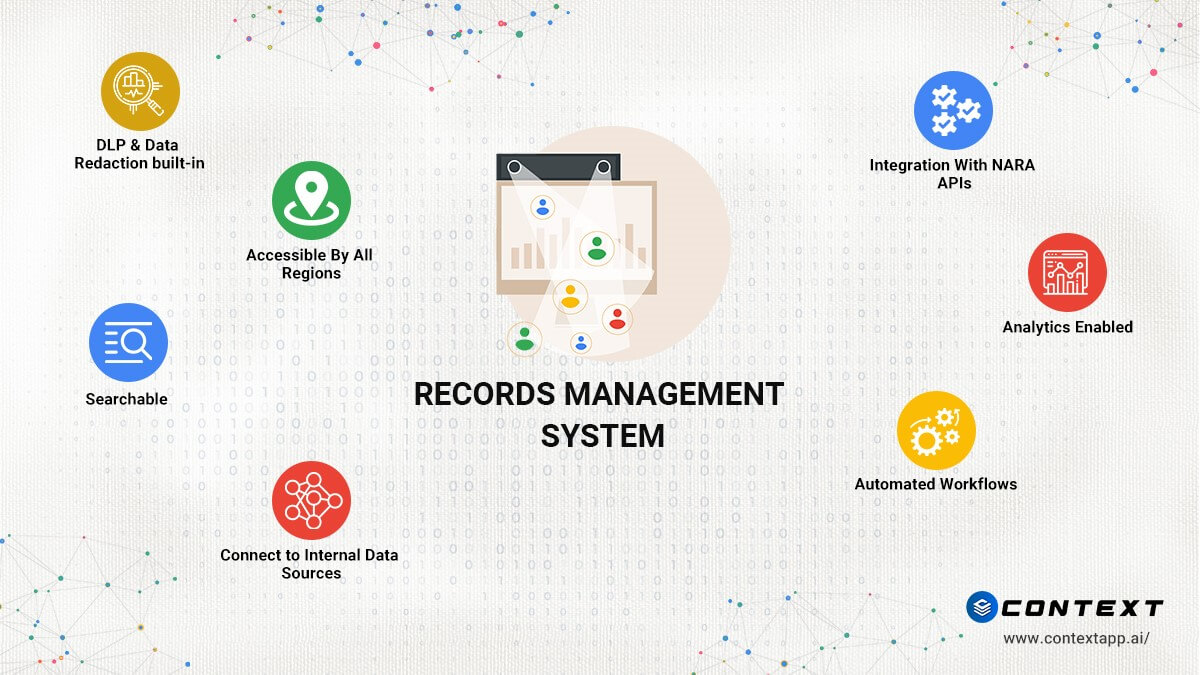
With Context Document AI, records can be easily be created in context, managed or migrated, or exported across platforms. Context also helps maintain record authenticity, reliability, integrity, and usability. Using Context, it would become easier to retain and dispose of records in a systematic, auditable, authorized way.
Consequences of Not Maintaining Records Management System
Records that are not properly maintained, or kept outside of a records management system, can cause serious operational risks and consequences. This may include loss of data, privacy or security breaches for the organization, unreliability for the organization, loss of evidence for information, inaccessibility, and business disruption. Unacceptable records storage systems include:
- Business applications or storage system solutions, that are not approved for official government use.
- Disks, USB drives, or other removable storage media devices, except for temporary purposes.
- Personal storage devices, smartphones, email folders, or individual desktops where they are inaccessible to others.
- Private devices, or accounts (non-government email accounts, personal devices, or messaging apps).
- Storage databases in basements, attics, or other storage areas, which are prone to environmental damage or infestation.
It is important for federal agencies in the US, to implement a state-of-the-art records management system, which is designed to systematically control records. A records management system can help manage records in any format, as it has the advanced capability for managing digital records. The records management system that you choose should fit the size and complexity of your organization.
Knowing what you need, and how the records management system should be used, Context AI, with its Document AI can meet the requirements of today’s fast-paced technological environment, and resolve complicated records management processes. Context is an automated records management system, with robust searching capabilities, to help systematically organize your records, allowing you to capture, manipulate and manage sophisticated data that the records contain. With Context AI, your organization can have increased productivity, decreased paperwork, greater operational efficiency, better management, improved customer services, and information support.
